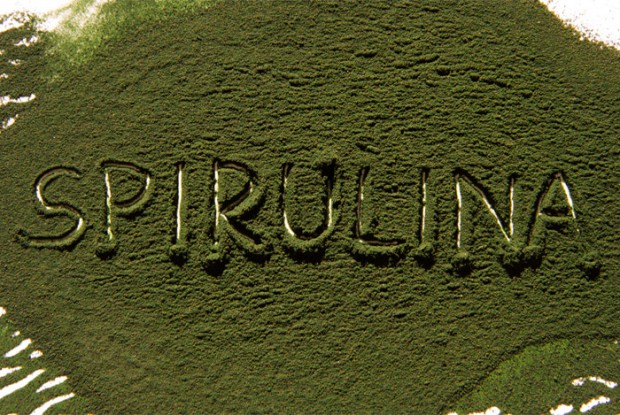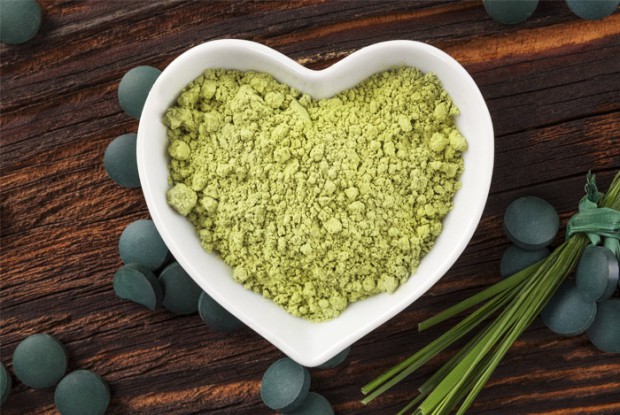Doesn’t it just seem like every other day there is a new ‘superfood’ adorning the pages of a glossy magazine or rocketing up the ‘hot’ section of one of those ‘hot or not’ features in the back of the Sunday supplement? The idea of the superfood implies a desire as a society to find something that gives us the most bang for our buck, and that delivers maximum benefits with minimum effort, but it does pay to investigate a little more beyond the magazine hype. Recently, we’ve seen foods like acai, maca, chia and Argan oil become popular as a new health benefit is discovered from these seemingly benign products. And now the latest kid on the superfood block? Spirulina. Instead of just buying into the hype though, we thought it was best to put this green machine to the test and to find out for ourselves if it really does live up to its moniker.

First of all – what is Spirulina? It’s what’s technically known as cyanobacteria and this plant gets its energy from the sun, just like other herbs (though Spirulina isn’t a herb itself). It’s a naturally occurring algae that is super high in protein, and is also a great source of antioxidants, B-vitamins and other nutrients. Spirulina was ‘discovered’ by the western world in South American and African alkaline lakes. This algae has been a rich food source for centuries for many different kinds of communities.
Let’s take a look at some of the key benefits of Spirulina to assess its superfood qualities.
High in iron: Spirulina is often recommended to vegetarians because of the high natural iron content contained within.
Health-booster: Spirulina is made up of 65% protein and amino acids – including the essential fatty acid, gamma linolenic acid (GLA). This acid has been in the news lately for its anti-inflammatory properties. Spirulina also contains essential amino acids, and when combined with the presence of GLA (which is difficult to find in a food source, and so has to be created by the body) it does make for a formidable superfood.
Omegas, all the omegas: Spirulina is full of Omega 3, 6 and 9 and is particularly high in Omega-3.
Chlorophyll: Spirulina is very high in Chlorophyll a product that helps to boost the immune system while it removes toxins from the blood.
Other bits: Spirulina contains vitamins B-1, B-2, B-3, B-6, B-9, vitamin C, vitamin D, vitamin A and vitamin E. It is also a source of potassium, calcium, chromium, copper, iron, magnesium, manganese, phosphorus, selenium, sodium and zinc. Whew. Not a bad rap sheet.
That’s not all though, Spirulina has high a phosphorus content which can make it helpful as part of a tooth remineralization program – and there’s even evidence which is being tested that suggests that Spirulina may be helpful when used in conjunction with radioactivity and/or radiation therapy. Oh, and there’s also evidence to suggest that Spirulina helps with fat burning when used in exercise.
Well I don’t know about you, but that sounds like a pretty incredible list of benefits to have for one little bit of pond-dwelling algae! It is very versatile as a product as well, and is best taken in smoothies or something with a bit of extra flavour to it, as it can be a little grassy tasting on its own – quite like wheatgrass. If you have any existing health concerns or if you are taking any medication, then you should consult with your health professional before taking it regularly, but for all intents and purposes it does look as though Spirulina may just be the next big superfood.




